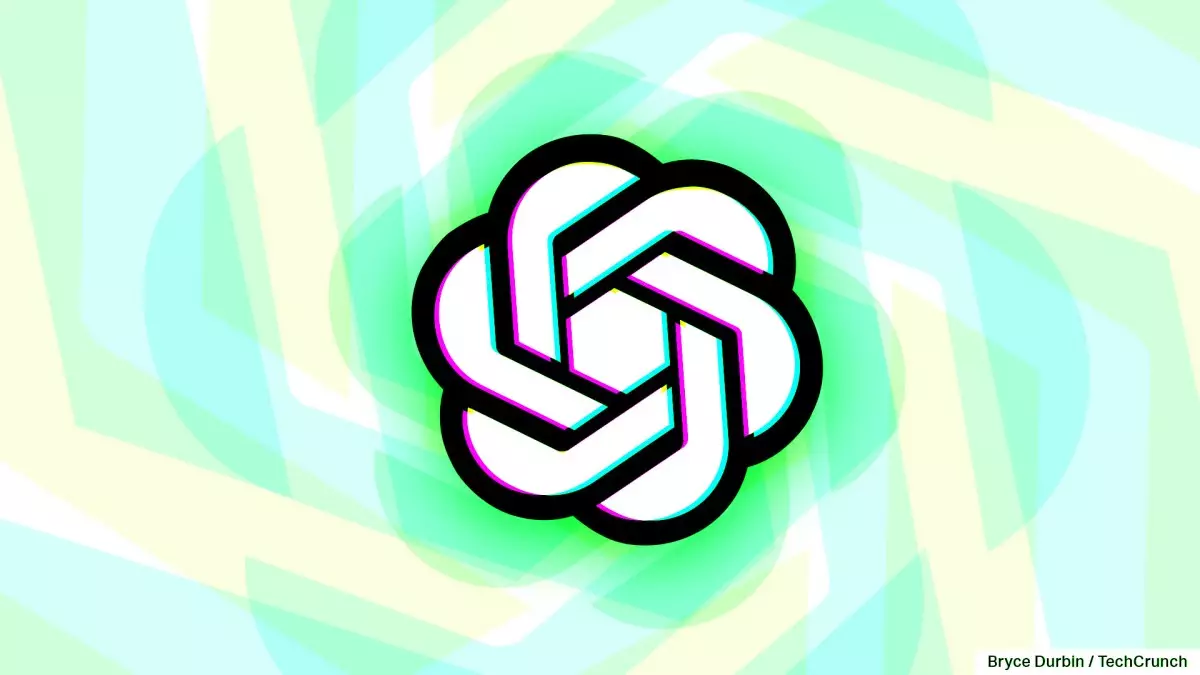In a significant evolutionary step for artificial intelligence, OpenAI has unveiled a beta feature for its widely-utilized ChatGPT, particularly aimed at enhancing user interactivity. The newly introduced tasks function allows paying subscribers—specifically ChatGPT Plus, Team, and Pro users—to schedule reminders and make recurring requests. This innovation signifies an important shift in how users can engage with AI, moving towards a more personalized and proactive assistant experience.
The tasks feature, rolling out globally, enables users to set straightforward reminders that ChatGPT will execute. For instance, a user might instruct the AI, “Remind me when my passport expires in six months,” and receive timely notifications accordingly. This capability is not merely about sending alerts; it also encompasses setting recurring queries, such as weekly plans or daily news briefings, tailored to individual preferences. Such tasks showcase a unique adaptability that distinguishes ChatGPT from existing digital assistants like Siri and Alexa, which often bear limitations in proactive engagement.
What sets this feature apart is its operational capability. Users can initiate task scheduling through a dropdown menu labeled “4o with scheduled tasks” and communicate their intentions directly to ChatGPT. This functional design allows for a seamless interaction, though it remains to be seen how intuitive the process is for users unfamiliar with the platform. OpenAI emphasizes that during the beta stage, users might even receive suggestions for tasks that align with ongoing discussions, marking a critical leap towards achieving a genuinely intelligent assistant.
OpenAI defines this task capability as a nascent stage towards developing autonomous AI agents. An ambitious statement from CEO Sam Altman projected that by 2025, these agents could be integrated into the workforce, illustrating how rapidly the potential for AI is advancing. Though ChatGPT’s tasks feature functions within predetermined parameters, it hints at broader aspirations for future capabilities. The idea of autonomous agents goes beyond simple reminders, as it potentially encompasses complex functionalities that remain largely theoretical today.
Despite these exciting prospects, the current iteration is still somewhat restricted. For instance, ChatGPT can browse the internet for information based on user-specified schedules but cannot conduct continuous searches or make purchases. Users will not have the option to ask the AI to immediately alert them about ticket sales or reserve concert tickets on their behalf. This cautious approach illustrates OpenAI’s recognition of both the capabilities and limitations inherent in contemporary AI technologies, indicating a measured advance towards fully autonomous agents.
As OpenAI rolls out the tasks feature in beta, it emphasizes the need to glean insights from user interactions before broadening access to the feature on mobile and free versions of ChatGPT. This deliberate strategy echoes historical patterns observed in software development where user feedback and iterative testing are essential for refinement. However, the exclusion of certain functionalities from the Advanced Voice Mode during the beta phase raises questions about the balance between innovation and practical usability.
AI assistants have historically experienced hurdles with fundamental tasks, and overcoming these challenges is imperative as companies like OpenAI and Google advance their agendas. The shortcuts previously established to allow basic functions reflect a critical learning curve in the interface between machine comprehension and user expectation. Meeting the needs of everyday users while pushing technological boundaries presents a dual challenge that must be artfully navigated.
Future Outlook and Challenges of Enhanced AI Capabilities
OpenAI’s ongoing development promises additional capabilities, such as the upcoming agent named Operator, designed for tasks like coding and travel bookings. The anticipation surrounding these advancements is palpable, yet it also introduces concerns regarding the regulation and security of such systems. As capabilities advance, the potential for misuse or unintended consequences escalates. OpenAI’s current task feature represents a controlled step into the future of AI, yet the broader implications of deploying systems with AI’s agency must be meticulously considered.
The introduction of the tasks feature marks a noteworthy advancement for ChatGPT, blending user engagement with AI autonomy. OpenAI’s thoughtful rollout and future aspirations highlight the delicate interplay between enhancing functionality and addressing inherent challenges in artificial intelligence development. As we move toward an era of sharper AI agents, the balance of innovation and ethical responsibility remains a focal point for creators and users alike.

